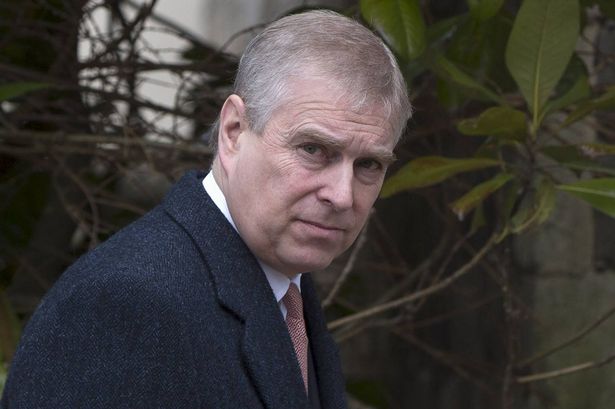Duke and Allegations of Secrecy in Financial Transparency
Researchers have described accessing information about the Duke of York’s past business activities as a frustrating task, akin to playing a game of “whack-a-mole.” Researchers and investigators trying to uncover details about his decade-long role as a special representative for UK Trade and Investment (UKTI) between 2001 and 2011 have repeatedly faced barriers. Government departments often reject or delay requests made under the Freedom of Information (FoI) Act, citing many exemptions under the law.
This lack of transparency has fueled calls for a comprehensive register of royal interests, mirroring the accountability mechanisms already in place for Members of Parliament (MPs). A researcher claimed that the authorities are either missing records or deliberately withholding them, despite legal requirements that mandate archiving and accessibility of public records from the Duke’s time as a public servant.
During his tenure with UKTI, the Duke of York undertook numerous overseas trips, reportedly meeting with high-profile individuals and attending trade-related engagements. While he did not receive a salary for this role, the authorities covered his expenses and travel costs. However, concerns have arisen about how he may have later used these connections to benefit his private ventures.
One prominent controversy involves Yang Tengbo, a businessman who was reportedly a close associate of the Duke. Yang was barred from the UK in 2023 on national security grounds, with suspicions of espionage. Both Yang and the Chinese government have denied these allegations, dismissing them as attempts to damage China’s reputation. Despite the denial, scrutiny has intensified over the Duke’s ties to Yang and the business ventures that followed his role as trade envoy.
Scrutiny Over Business Ventures and Funding Sources
After stepping down as trade envoy in 2011, following criticism of his association with a convicted sex offender, the Duke launched Pitch@Palace, a scheme designed to support entrepreneurs. While the UK-based non-profit entity dissolved in 2021, the Duke controls the global arm of the initiative, Pitch@Palace Global Ltd, through a trust, and it remains operational with significant financial reserves.
It has been reported that the Duke was entitled to a 2% share of investment deals facilitated through Pitch@Palace for three years. Yang Tengbo, the businessman previously associated with him, was a founding partner of the initiative’s China branch. The Duke has since claimed to have severed ties with Yang when concerns about his background emerged.
The Duke’s financial arrangements have drawn further attention in light of reports that King Charles III has ceased paying him an annual allowance. Questions have arisen about how the Duke is able to afford the upkeep of his residence on the Windsor Estate, Royal Lodge, and its substantial security costs, estimated to be £3 million annually.
Norman Baker, a commentator on royal finances, highlighted the need for greater accountability regarding royal wealth and expenditures. He pointed out inconsistencies in the Duke’s financial situation, including the purchase of a luxury Swiss chalet, which reportedly does not align with his known sources of income.
The Push for Greater Accountability in Finances of Duke
The controversy surrounding the Duke of York’s finances has intensified calls for a formal investigation by the UK’s Public Accounts Committee. Critics argue that royal finances are shrouded in secrecy, making it nearly impossible to scrutinize public money spent in connection with royal duties. They emphasize that while the Duke’s role as a trade envoy was unpaid, it was a public service position that should be subject to the same transparency standards as any civil servant role.
Official records from his time as trade envoy have been the subject of numerous FoI requests, but responses from the Department for Business and Trade (DBT) suggest gaps in documentation. The DBT claims to have no records of the Duke’s activities before 2008, despite his appointment in 2001. This lack of clarity has only deepened suspicions about the nature of his engagements during his tenure.
Critics argue that the Duke’s connections and activities during his official role allowed him to establish a network that could later benefit his private ventures. They also question why royal archives remain largely inaccessible to researchers, with no formal register of interests or mechanisms for public accountability.
Calls for Transparency in Duke’s Financial Oversight
The push for transparency has also raised broader questions about the oversight of royal finances and privileges. Activists argue that the current system allows the government to use significant public funds without sufficient checks and balances. They are calling for changes that would bring royal finances in line with the accountability expected of MPs and other public officials.
In response to the allegations of secrecy, a spokesperson for the DBT stated that the department had complied with its legal obligations under the FoI Act and Public Records Act. They maintained that they withheld the information in accordance with the law, citing a decision by the Information Commissioner’s Office to support their stance.
This ongoing controversy has reignited debates about the intersection of public and private roles within the monarchy, as well as the need for greater transparency in the use of public resources connected to royal duties.

